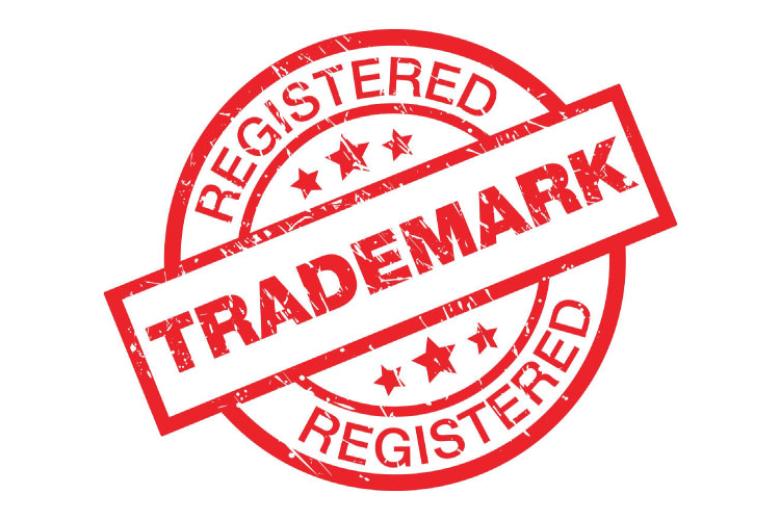(Dis)trust in trade: bad news for the global energy transition?
The urgent transition to low-carbon energy systems requires massive investments and international cooperation. Yet chances of collaboration and exchange are growingly difficult in a context where trust is in short supply. How can we understand (dis)trust patterns in this complex domain?
Instances of the mounting distrust in international energy relations abound. For example, with the surge of investment capacity by state-owned companies and Sovereign Wealth Funds (SWF) from emerging economies, even liberal OECD economies have been recently introducing further restrictions on foreign energy investments. Concerns range from the exposure to political pressure by foreign governments, to risks of cyber-attacks or industrial espionage. Distrust can also be observed in energy trade relations, including in the renewable energy sector, as exemplified by the growing number of disputes at the World Trade Organization (WTO) on allegations of dumping, discriminatory subsidies or export restrictions. Investment protection regimes, particularly relevant in capital-intensive sectors such as energy, are also under strong pressure from states, civil society and experts. Mobilization denouncing the abuses of companies and untrustworthiness of arbitrators has been particularly high in Europe, to the point that the EU Trade Commissioner, Cecilia Malmström, dubbed Investor State Dispute Settlement (ISDS) “the most toxic acronym in Europe”.
Understanding complex (dis)trust patterns
One of the most commonly used definitions of trust is the idea of a ‘leap of faith’ advanced by Guido Möllering (2006), or in other words, the process that enables actors to deal with irreducible uncertainty and vulnerability. However, trust literature is divided on what enables actors to take this leap of faith. According to rationalist approaches, trust depends on the estimation of the risk that a trustee will defect (Kydd, 2010). From a sociological perspective, trust is more a conviction that the trustee will honour his/her commitments (Hoffmann, 2012), or even an emotional disposition to believe in the good will of others in general (Rathbun, 2011).
All those approaches, however, share one trait that is problematic for examining trusting relations in complex settings: they analyse trust as a belief that actors (mostly state elites) hold. This notion of trust as a belief is not particularly suited for understanding multi-faceted governance problems such as those observed in the field of international trade and investment, where there are often fierce discussions about whether actors are trustworthy or not in first place. These debates involve not only political elites, but also companies, arbitrators, international bureaucracies, civil society organizations and the public at large, among others. The consideration of trust as a belief thus neglects the political construction and uses of trust, namely how trust debates emerge in society, how they resolve and with what political consequences. Rather, trust should be better conceptualised as an intersubjective understanding that is created through communication.
Assessing the consequences of (dis)trust
Some strands of literature do consider the absence of trust as unproblematic. In the Realist tradition in International Relations, distrust between states is just the normal state of affairs under conditions of anarchy. State leaders should then be well advised not to trust foreign actors. Similarly, Political Science has also some defenders of distrust, particularly when it comes to relations between the public and political elites. A modicum of distrust is deemed to be positive for fostering public involvement and democratic oversight (Norris, 1999).
However, lack of trust also contributes to costly control and hedging strategies (Keating and Ruzicka, 2014) which are particularly harmful for the goal of a transition to a low carbon energy system. For example, distrust in established energy relations, such as between the EU and Russia, has led actors to seek expensive, and somewhat redundant, diversification projects that, instead of promoting energy renewables, lock-in further consumption of hydrocarbons. Another notable example is the pressure to increase public control on investment protection mechanisms, which on the one hand may prevent abuses of the right of states to regulate in favour of sustainable energy, but on the other hand may also undermine investor confidence in the renewable energy sector. The challenge is therefore to find out the ‘sweet spot’ of trust, which enables appropriate democratic accountability and security safeguards without preventing the necessary cooperation that the transition to renewable energies requires.
This blog post is based on the author’s contribution to the Collaborative Project workshop on “Trust in Trade” which was held on 22 January 2018 at the Faculty of Law, Maastricht University.
Written by Anna Herranz-Surrallés (Maastricht University, Pilitical Science, FASoS) Image: Flickr, Sam Teigen
| More blogs on Law Blogs Maastricht |
-
Protection of reputable marks beyond confusion: does “due cause” help to strike a balance between trade mark proprietors and content creators?
Content creators, exercising their freedom of expression, may use trade marks in their content in a way that might damage the interests of trade mark proprietors (e.g. use of Nike shoes in a porn movie). How does EU trade mark law address these different interests?

-
Computer-Implemented Inventions: has the term “invention” in the EPC lost its meaning?
The European Patent Convention defines subject-matter that is not eligible for patent protection, such as methods for doing business. However, when implemented by a computer, non-eligible subject matter becomes eligible for patent protection. Is this desirable?

-
The ambigous nature of the amended European trademark functionality doctrine
EU trade mark law excludes certain signs from becoming registered trade marks. In particular, shapes cannot be registered if they are necessary for achieving a technical result. In 2015, the amended Regulation broadened this exclusion to ‘another characteristics'. But what is now covered exactly?
